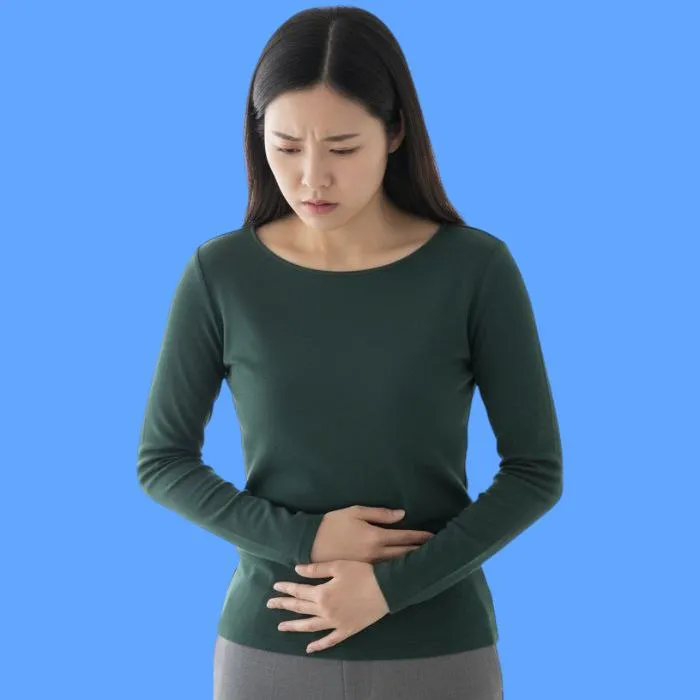What is anovulation?
Anovulation is a condition where egg production decreases or stops completely, affecting a woman's chances of getting pregnant.
This condition occurs due to hormonal imbalances or problems with the ovaries, and it can be temporary or chronic depending on the cause.
Early detection and treatment of the cause are crucial for improving fertility and restoring hormonal balance.
What are the causes of anovulation?
Anovulation can occur due to several factors that affect the regularity of the menstrual cycle, including:
- Hormonal imbalances such as elevated prolactin levels or thyroid disorders.
- Polycystic ovary syndrome (PCOS).
- Psychological stress or severe anxiety.
- Advancing age or premature ovarian failure.
What are the symptoms of anovulation?
Symptoms of anovulation appear gradually and may vary from woman to woman. They include:
- Irregular or absent menstrual cycles.
- Difficulty conceiving despite regular intercourse.
- Abnormal or scanty vaginal discharge.
- Weight gain or excessive body hair growth.
How is ovulation dysfunction diagnosed?
Diagnosis relies on hormonal tests and ultrasound imaging, including:
- Analyzing female hormones such as FSH and LH.
- Checking prolactin levels.
- Ultrasound of the ovaries to assess follicle size.
- Monitoring ovulation throughout the menstrual cycle to determine its regularity.
What are the treatment options for ovulation dysfunction?
Treatment aims to stimulate the ovaries to produce eggs naturally or with medication. This includes:
- Ovulation-stimulating medications such as clomiphene or hormonal injections.
- Treating the underlying hormonal imbalances causing the problem.
- Weight loss in cases of polycystic ovary syndrome (PCOS).
- In vitro fertilization (IVF) or assisted reproductive technologies (ART) when necessary.
What is the appropriate diet to improve ovulation?
Diet plays a vital role in supporting fertility and regulating hormones. Important tips include:
- Eating foods rich in iron and zinc, such as spinach and legumes.
- Eating plenty of fresh fruits and vegetables.
- Avoiding refined sugars and processed foods. Drink enough water daily.
What are the complications of weak ovulation?

Neglecting to treat weak ovulation can lead to long-term health problems, such as:
- Infertility or delayed pregnancy.
- Persistent menstrual irregularities.
- Thin uterine lining and difficulty with embryo implantation.
- Increased risk of developing chronic polycystic ovary syndrome (PCOS).
How can weak ovulation be prevented?
Adopting a healthy lifestyle helps maintain regular ovulation, such as:
- Maintaining a healthy and balanced weight.
- Avoiding excessive anxiety and stress.
- Taking supplements containing vitamin D and folic acid.
- Regular checkups with a gynecologist to monitor hormone levels.
Frequently Asked Questions about Weak Ovulation
Is it possible to get pregnant with weak ovulation?
Yes, pregnancy is possible after treating the underlying cause or using ovulation-stimulating medications.
Does weak ovulation only affect the menstrual cycle?
No, it can also affect hormonal balance and overall mood.
Can weak ovulation be prevented?
In some cases, yes, especially with a healthy diet and stress management.
Article Summary
Ovulation disorders are a common but treatable problem when detected early.
Regular medical checkups and good nutrition are key to restoring fertility.
A woman's attention to her hormonal health ensures her long-term physical and mental well-being.